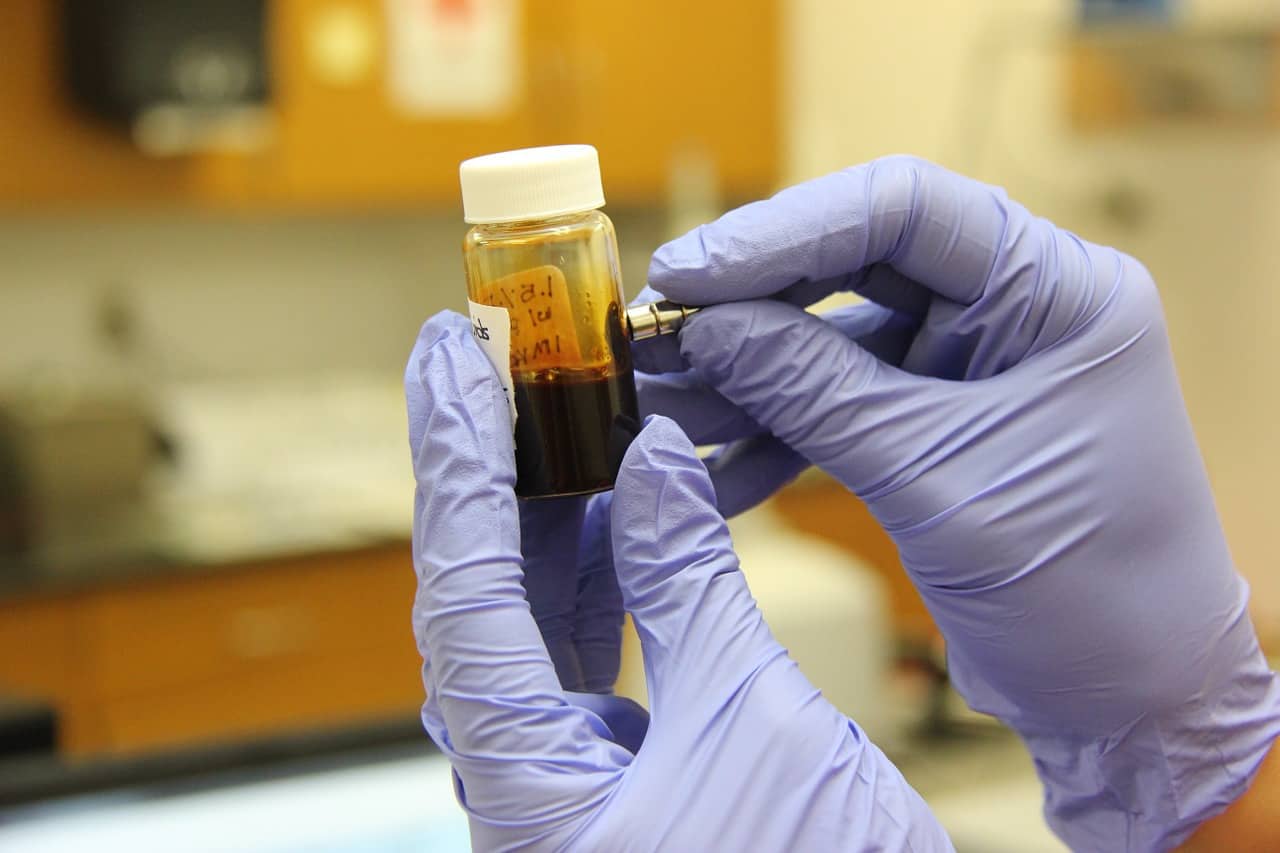“Is low PSA good for you?” is a question you might ask yourself if you have recently gotten or are thinking about getting a PSA (prostate specific antigen) test. A PSA test measures the amount of PSA in a man’s blood. PSA is a protein produced by the prostate gland. The function of the PSA is to liquefy the semen to make it easier for sperm to swim, but the level of PSA in the blood can be an indicator of a man’s health. Unfortunately the answer to “Is low PSA good?” is complicated.
The majority of men have PSA levels under 4 ng/mL. Men who have prostate cancer often have PSA levels higher than 4, but cancer could be present at any PSA level. Men who have a PSA level less than 4 along with a prostate gland that feels normal on examination have a 15% chance of having prostate cancer. The risk goes up as the PSA number increases.
Normal PSA values vary with age and increase as a man ages. Findings from recent studies are leading to experts recommending using less than 2.5 or 3 ng/mL as a cutoff for normal values, particularly in younger patients. Because younger patients usually have smaller prostates and lower PSA values, any elevation of the PSA above 2.5 ng/mL is a cause for concern for younger patients.
Is a low PSA good? That question is hard to answer because of the limited nature of the PSA test and due to the number of false positives and false negatives. Low levels of PSA in the bloodstream do not absolutely rule out the existence of prostate cancer. PSA is just one indicator of your prostate health.
The PSA test is not perfect. If you receive a low reading of PSA when you actually have prostate cancer, you might not pursue necessary treatment and have a false sense of security.
Is low PSA good? What to do if your PSA level is low
Consider the PSA test result as one piece in the puzzle of your health. A low PSA is a good sign, but combine it with digital rectal exams, your family history, and other risk factors to create a more complete picture. Once you have a baseline reading, you can compare it to future readings. PSA velocity is a screening tool that measures the change in PSA levels over time. If you have any rise in your PSA, discuss it with your doctor. A rapid rise may indicate cancer or an aggressive form of cancer.
Up and coming tests will be able to tell patients more than PSA level. The new tests will be able to analyze multiple genes and molecular markers to determine risk of prostate cancer. These advanced tests will be able to say what kind of tumors could be present and how fast they are growing, giving patients more information for making informed decisions about their treatment.
Read more in our Prostate Cancer Health Center.
Reference
Pollack A. New prostate cancer tests could reduce false alarms. NY Times March 26, 2013.







